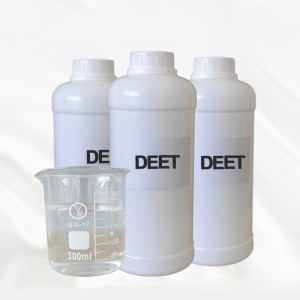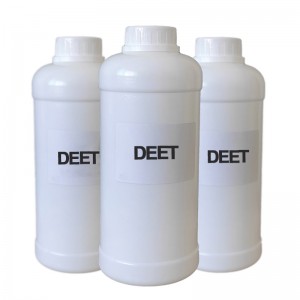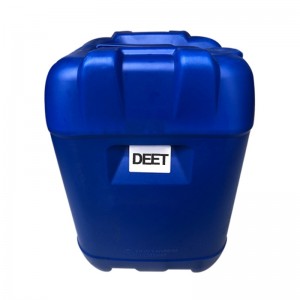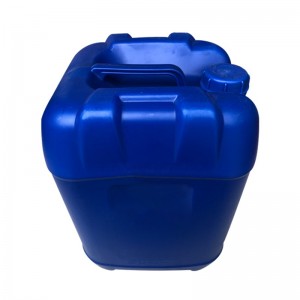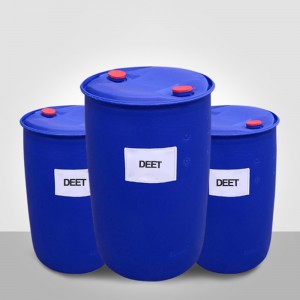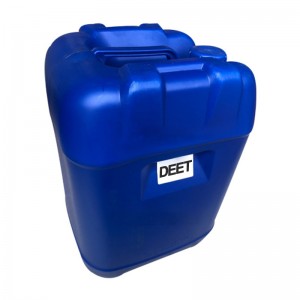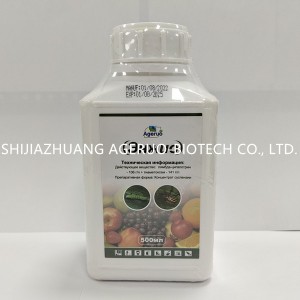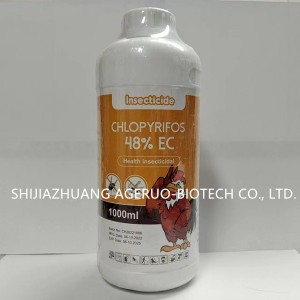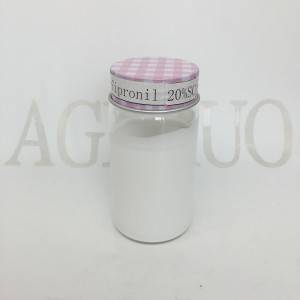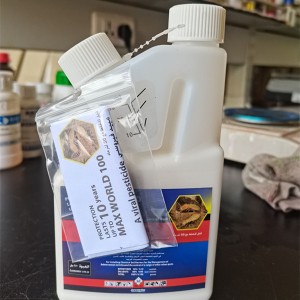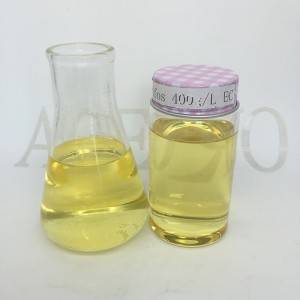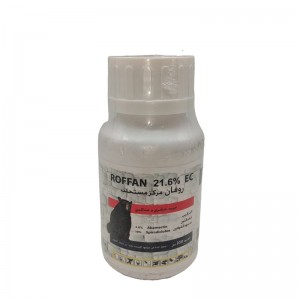High Quality Of Agrochemical Pesticides insecticide Diethyltoluamide/Deet 99%TC 98.5%TC 98%TC 95%TC Manufacturer Price
High Quality Of Agrochemical Pesticides Insecticide Diethyltoluamide/Deet 99%TC 98.5%TC 98%TC 95%TC Manufacturer Price
Introduction
| Active ingredients | Deet 99%TC |
| CAS Number | 134-62-3 |
| Molecular Formula | C12H17NO |
| Classification | Insecticide |
| Brand Name | Ageruo |
| Shelf life | 2 Years |
| Purity | 25% |
| State | Liquid |
| Label | Customized |
Mode of Action
DEET is traditionally believed to act on insects' olfactory receptors, blocking the reception of volatile substances from human sweat and breath. Early claims were that DEET blocks the insects' senses, preventing them from detecting odors that trigger them to bite humans. But DEET does not affect the insects' ability to smell carbon dioxide, which had been suspected earlier. However, recent studies have pointed out that DEET has mosquito repellent properties mainly because mosquitoes do not like the smell of this chemical.
Act on these Pests:
DEET is effective against many bugs in life, including mosquitoes, fleas, ticks, chiggers and many species of biting flies. Among them, biting flies refer to species such as midges, sandflies, and black flies.
Matters needing attention:
health effects:
Preventive measures: Do not use DEET-containing products in direct contact with broken skin or in clothing; when not needed, the preparations can be washed away with water. DEET acts as an irritant, so irritation to the skin is inevitable.
the effect on the environment:
DEET is a non-harsh chemical insecticide that may not be suitable for use in and around water sources. Although DEET is not considered a bioaccumulator, it has been found to be slightly toxic to cold-water fish, such as rainbow trout and tilapia, and experiments have shown that it is also toxic to some freshwater pelagic species. Due to the production and use of DEET products, high concentrations of DEET can also be detected in some water bodies.
Usage method:
DEET can be applied directly to exposed skin and clothing, but avoid cuts, wounds or inflamed skin; spray-type mosquito repellent should be sprayed on hands first, and then applied to the face, but avoid eyes, mouth Head and ears. Mosquito repellent does not need to be used in large amounts or excessively, and should be washed off promptly when returning to a mosquito-free room.


